- Engineer fish breeder;
- Ichthyologist;
- The inspector for the protection of fish resources;
- The main fish breeder;
- Hydrotechnic;
- Ichthyopathologist;
- Head of fish farming;
- Engineer hydrobiologist;
- Engineer hydrochemist.
The field of science and technology dealing with the rational use and protection of aquatic biological resources, including their habitat, artificial reproduction and commercial cultivation of hydrobionts, ensuring the environmental safety of fisheries and aquaculture products; determination of stocks of aquatic biological resources, biological parameters of hydrobiont populations, features of the functioning of aquatic ecosystems; artificial reproduction and commercial cultivation of fish, forage and food invertebrates, algae.
The objects of professional activity of graduates are:
- fish farming, breeding and breeding work in various fish farms (cage, pond, basin, lake-commodity, recirculation, aquarium farming);
- preservation of ichthyofauna in specially protected natural territories and environmental organizations;
- various fishing organizations, fishing control;
- assessment of fish stocks and determination of biological productivity of water bodies;
- fishery melioration, intensification of fish-Breeding processes.
- Research (assessment of fish-breeding and biological indicators, physiological and ichthyopathological state of aquaculture objects and conditions of their cultivation; assessment of the main biological parameters of hydrobiont populations and aquatic ecosystems, the ecological state of reservoirs in separate sections (stages, processes) in accordance with approved methods; monitoring of the parameters of the aquatic environment, fishing and aquaculture objects); - organization of work:
- industrial fishing of aquatic organisms,
- breeding and breeding,
- measures for the reclamation of fish in economic reservoirs,
- the preservation of spawning grounds and the salvation of juveniles,
- the conservation of valuable commercial and rare fish species;
- determination of the practical significance of various aquatic organisms;
- managing the activities of commercial fish farms and hatcheries, monitoring the implementation of measures to catch and conserve fish resources and protect rare and endangered fish species;
- design of fish farms, development of fish protection devices and structures, calculation of the food supply;
- carrying out acclimatization work of hydrobionts;
- assessment of fish stocks and determination of the biological productivity of water bodies;
- fisheries land reclamation, intensification of fish farming processes.
1.Evaluation:
- environmental principles of environmental management, methods of economic analysis and decision making;
-organization and planning, direct implementation of a complex of works for the protection and control of the rational use of natural biological resources;
- methods for assessing fish stocks, valuation reservoirs.
2. Constructive:
- plan, organize and conduct the production, scientific research and teaching;
- to use modern methods of studying natural phenomena and processes;
- organize the work of subordinate employees, monitor the workflow and objectively evaluate its results, feel responsible for the fulfillment of management instructions;
- present the work in an accessible form.
3. Informational - technological:
- education, status monitoring, conservation and fishing of fish and other aquatic biological resources in the inland waters of Kazakhstan;
- to be able to make effective decisions in various situations;
- taxonomic designation of marine biological objects, quantitative and qualitative account of aquatic, biological and morphological characteristics of the fish;
- the main laws governing the functioning of aquatic ecosystems.
- Ability to think and work flexibly, adapting to new changing circumstances;
- the ability to control and, where possible, prevent tension and stress, as well as manage the physiological needs associated with performing activities;
- self-motivation and self-government;
- their emotional understanding of the situation.



